Models
Our purpose is implicit in our bodies: we evolved into social animals!
We have the gift of speech to serve one another.
Our communication is thus moral, ethical.
A lament is a warning; laughter a recommendation.
But just as our bodies can be overtaken by viruses, so can our media, the invisible tissue that defines us.

For the last year, I’ve been working “close to the machine.”
A dozen times a day, seven days a week, I document changes in how Alphabet, Meta and ByteDance sell my labor and that of the information workers I manage, so as to try to decipher how I might “sell” more.
It’s painstaking work because I have to manually gather what few metrics these platforms reluctantly share across many different access points; mobile, desktop, modal window, downloadable csv.
It’s complicated work because platforms like Meta and ByteDance purposely obscure the relationships between cause and effect. They build black boxes in order to create leverage over their users.
Short-term, this asymmetry has been a boon for the platforms. Long-term, it’s a catastrophe.
Private gain, public pain.
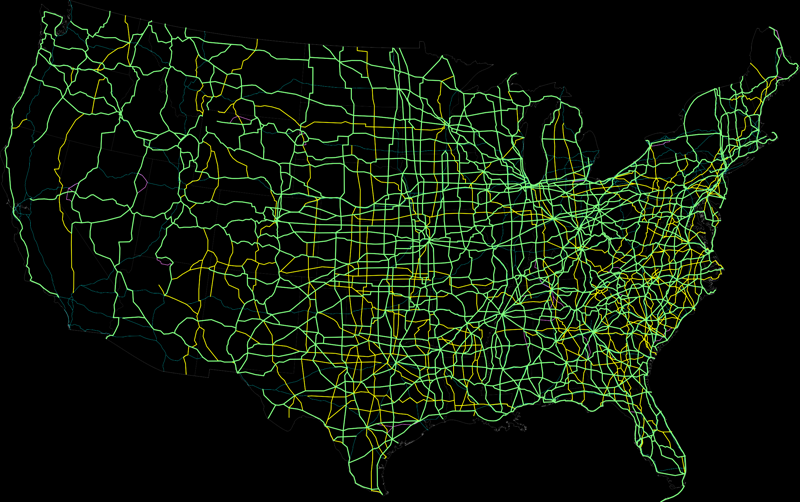
Maps are for democracies; they literally level the playing field.
We have left that terrain.
With the notable exception of Alphabet’s YouTube, which has succeeded by sharing their (our!) data, we are in an age of black pools and black boxes, dark money and dark patterns.
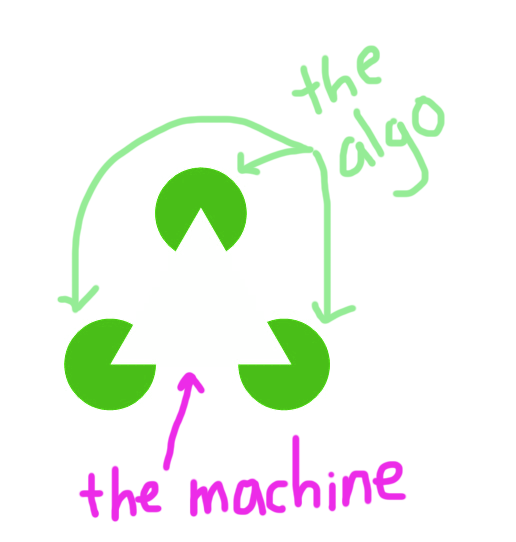
Most of you are familiar with “the algorithm.”
Young people know it well and talk about it all the time. They’ve grown up with, under and through it.
The Algorithm refers to the formulas that social media platforms use to “create value” in the attention economy.
But the term “the Algorithm” is itself a lie that conceals agency and denies accountability.
By contrast, the machine instructs us to pay attention to the men behind the curtain.
Like “Wall Street”, the machine is a metonym that refers to a group of people, their rules (contracts, formal and implicit), tools, incentives, etc.
Where “the algo” has no subjectivity – it’s just code! write your own! – the machine is the obvious product and producer of material power relations.
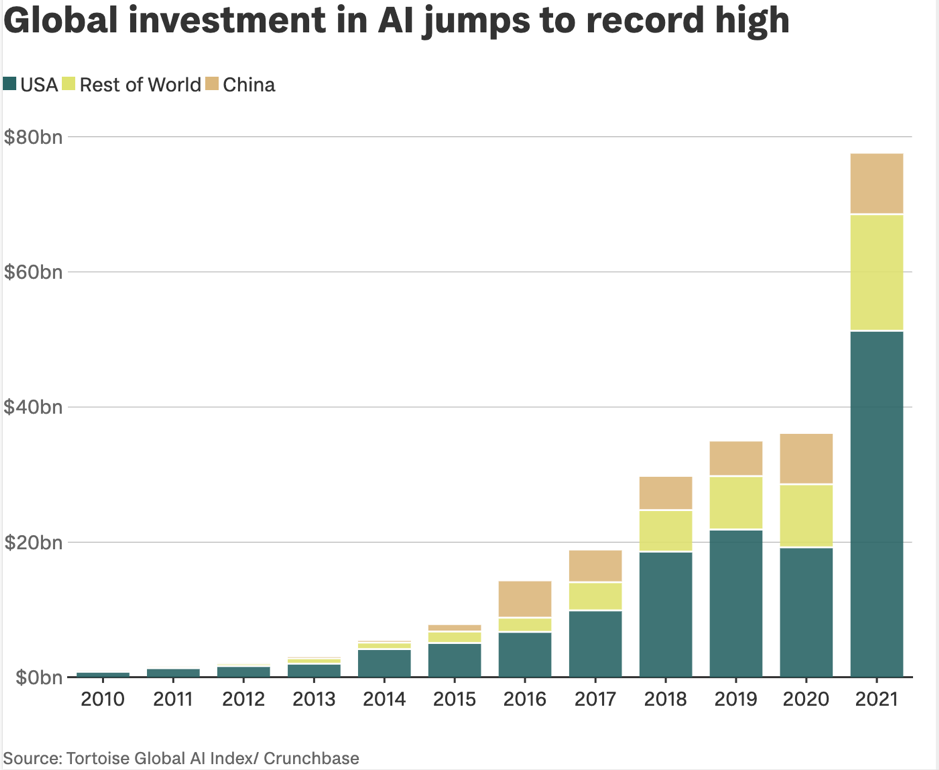
The recent marketing of “AI” employs the same sleight of hand.
We’re asked to imagine that what we now call “AI” is a natural phenomenon (an expression of emerging intelligence!) precisely because power is most effective when it’s rendered opaque.
As in, magic:
Consider this week’s announcement from OpenAI’s chief executive, Sam Altman, who promised he would unveil “new stuff” that “feels like magic to me.”
Every magic trick is, of course, the product of a misdirect.
A substitution, a replacement.
Like social media, which is no longer social.
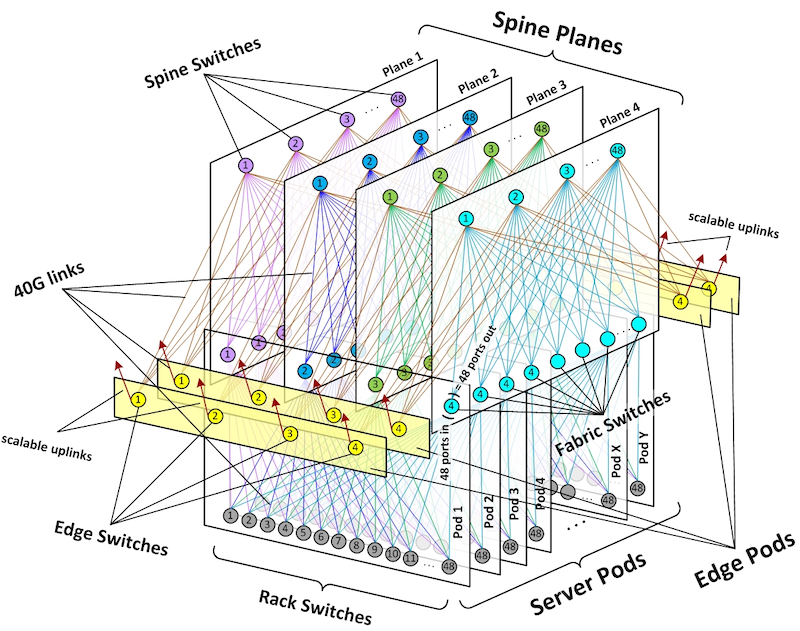
Can you imagine if social media companies were focused on improving human relationships?
You can’t? It’s because their business isn’t social media. They used relationships as a vector. Now they’re moving on. (What gets left in their wake? Externalities.)
Alphabet (Google) grew into a computing essential by organizing our collective knowledge and making it more accessible. Alphabet is also moving away from search. It will be quite some time before a competitor can take its place.

Both Meta and Alphabet are said to have created a vast moat, a feature of Medieval (social, political) architecture.
But their moat is located precisely between us.
If we’d like to escape the return of kings, barons, serfs, we have to modernize our digital infrastructure.
Now is the time to reclaim the public sphere.
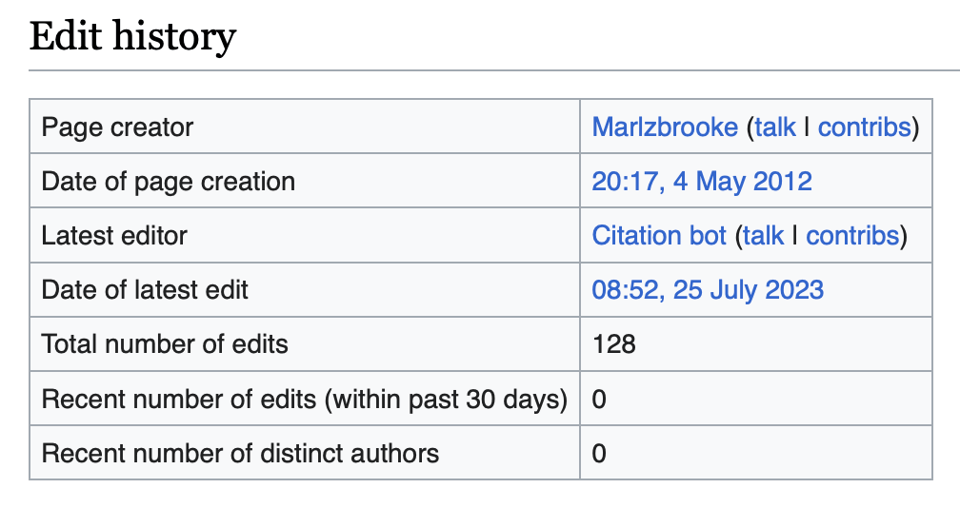
The above is from the “back” of the Wikipedia page for:
Social media as a public utility.
I close it with it so that you might read it.
Our ability to communicate with one another is what makes us human.
Corporations which will soon be run by (and for) software that optimizes for profits cannot be entrusted with our welfare.
Palate cleanser
Ana tells me this is feeling dark!
Have you heard Robert Palmer’s 1978 song Every Kinda People?
It’s perfect. Note how the horns, bass and vocals solo together.
Doodle
Here’s Rep. Alexandria Ocasio-Cortez over a chill techno bed checking Rep. Marjorie Taylor Greene.